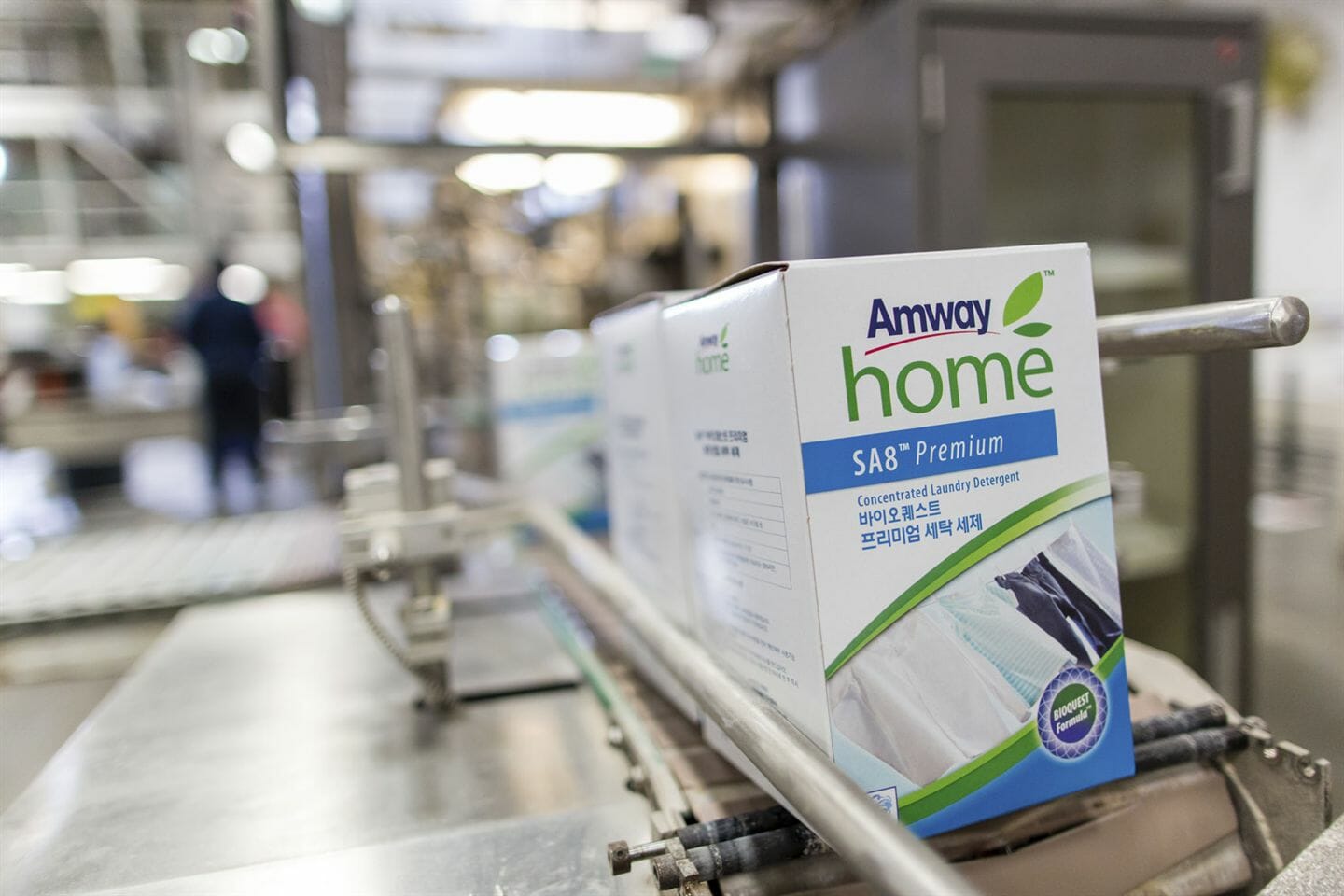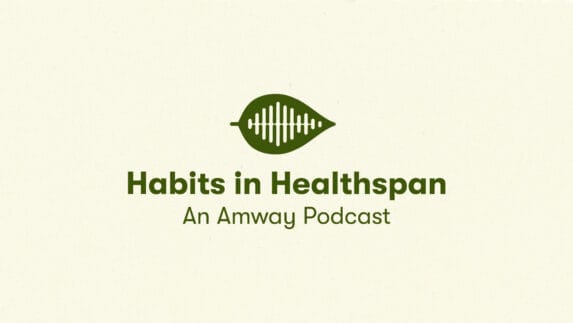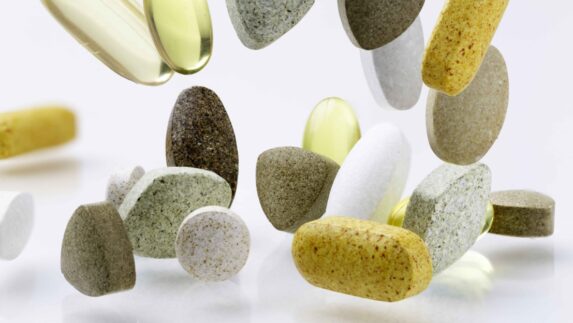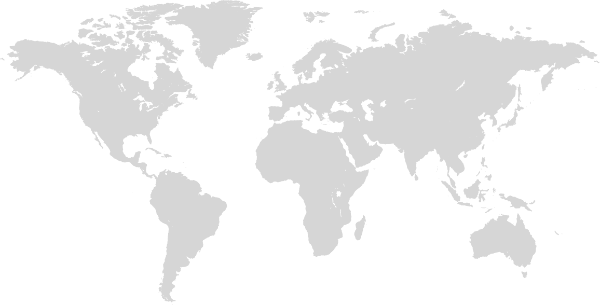Retail laundry brands containing phosphates still dominate store shelves in countries where phosphates aren’t regulated. So when a large retail brand recently said it will eliminate phosphates from all of its laundry detergents in the next two years, it was good news for the environment in those markets.
But some detergent manufacturers have been ahead of the phosphate-free game for years.
Consumer products manufacturer Amway introduced its first phosphate-free laundry formula in the U.S. in the early 1970s. And it has manufactured phosphate-free laundry detergent for all its markets—even countries that don’t regulate phosphates—since the early 2000s.
“(In the 1970s), we made it available across the country, including localities that hadn’t yet banned phosphates, to give customers a phosphate-free choice,” said Phil Sliva, a principal research scientist at Amway.
“By the mid-1990s, we had developed a formula that performed on a par with our phosphate-containing detergents. We began to educate customers that they would get the same high-quality performance from the new phosphate-free formula as they got from the old detergent,” he said.
That’s when Amway began replacing the original formula with the phosphate-free Bioquest™ Formula in the U.S. and Europe. Asian markets followed in the early 2000s. “It’s the same Bioquest formula Amway customers know today, although improved many times over,” Sliva added.
The problem with phosphates
Phosphates are used in detergents to help soften hard water and keep the dirt in the wash water. But they also are natural fertilizers. When they enter a waterway they can promote excessive plant growth and decay, which causes water quality to deteriorate and suffocates aquatic life.
Most manufacturers in the U.S. switched to non-phosphate formulas in the 1990s as part of the voluntary ban led by the American Cleaning Institute (formerly the Soap and Detergent Association). Regulators in several other countries also have banned phosphate detergents. But many manufacturers continued to sell phosphate formulas in countries where they were allowed.
Runoff from farms and lawns fertilized with phosphates is by far the largest contributor to phosphate pollution in waterways. Detergents are, by contrast, a very small contributor.
But to companies with a commitment to providing more environmentally friendly products, that’s not what matters.
“We know that doing their part for the environment is important to our Amway Business Owners and customers,” said Doug Feenstra, a supervisor in home care formulation for Amway. “Giving them high-performing products with lower environmental impact has been a cornerstone of our business philosophy for more than 50 years. That’s what matters.”
In fact, the very first product ever sold by Amway distributors was a phosphate-free multipurpose cleaner called L.O.C.™ Amway researchers have been improving upon that idea ever since.
“Our phosphate-free formula is one of our most patented powdered laundry detergent formulas ever, from the addition of the agent that helps the powder dissolve rapidly to the process by which we form the granule,” Sliva said. “It is entirely developed by Amway scientists.”
Amway uses a different phosphate alternative from many detergent makers, focusing on what Sliva calls soluble “builders.” Those are citrates, a natural fermentation product from grain, and sodium carbonate, which is refined from a mineral. “Both are fully soluble, so they will not leave an irritating residue on fabrics,” he said.
In 2008, Amway also introduced a phosphate-free formula for automatic dishwasher detergent. The company rolled it out first in North America and two years later expanded to Europe, Russia and Japan.
“We believe we have a formula that works better than phosphates for automatic dishwasher detergent,” Feenstra said. “It’s great when we can create a formula that reduces environmental impact and, at the same time, improves performance.”
Committed to sustainable cleaning
Like the company’s inaugural product, most Amway laundry, dish and surface care products contain active ingredients derived from natural sources. They are concentrated, biodegradable, environmentally sensitive and safer for families, yet they deliver high-performance cleaning.
The company’s commitment to providing these products is documented through its commitment to the Charter for Sustainable Cleaning, a voluntary initiative of the International Association for Soaps, Detergents and Maintenance Products in Europe.
It’s also evidenced by Amway’s partnership with the U.S. Environmental Protection Agency’s Design for the Environment, or DfE, program.
“The EPA is known and respected globally for its focus on human and environmental safety,” Sliva said. Although not an endorsement of the product, “the DfE designation helps consumers choose safer products that do not sacrifice quality or performance.”
More than 40 of Amway’s home care formulas have qualified for Design for the Environment designation, Silva said, identified by the DfE logo on the package. But they’re not done yet.
“Amway is committed to getting all of our home care products qualified for DfE designation,” he said.




